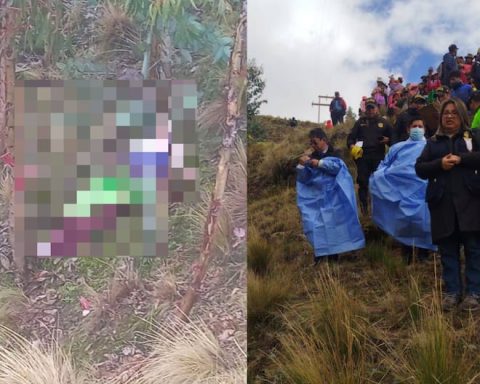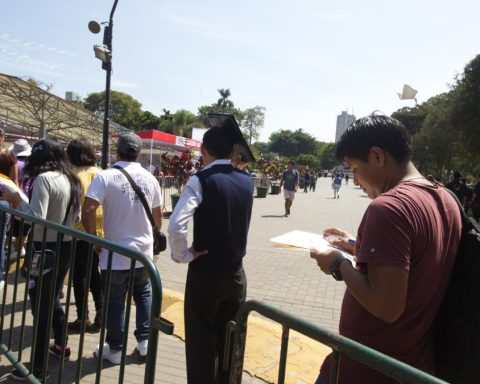October 7, 2024, 10:34 AM
October 7, 2024, 10:34 AM
In the hustle and bustle of modern university life, collation events, those ceremonies that celebrate the end of studies and the entry into professional life, seem to be events of recent origin. However, as we examine their roots, we discover that these acts have a deep heritage dating back to the Middle Ages. In the context of UTEPSA University, where we prepare to celebrate a new generation of graduates, it is interesting to explore how these events have developed from their humble medieval origins to become the significant ceremonies we know today.
In the Middle Ages, collation events were usually solemn and ceremonial events, held in cathedrals and universities. During these ceremonies, graduates were invested with distinctive symbols, such as the cap and gown, that signaled their new academic status. These symbols persist today and continue to be an integral part of our graduation ceremonies.
At UTEPSA University, as in other modern institutions, the luncheon ceremonies preserve these traditional elements. By donning the cap and gown, graduates not only connect with a historical tradition, but also become part of an academic lineage that has endured for centuries. This link to the past adds a layer of meaning to our celebrations, reminding us that we are participating in a tradition that has been fundamental in the formation of society and culture throughout history.
As part of the organizing team for the UTEPSA University Collation Ceremony, it is fascinating to see how these ceremonies have evolved and adapted to modern times. Our goal is to keep the essence of medieval tradition alive while incorporating elements that reflect the diversity and dynamism of contemporary education.
Each Commencement event is a celebration of academic achievement, a moment of pride for graduates and their families, and an opportunity to reflect on the impact that education can have on our students’ futures. By integrating historical and ceremonial elements with a modern vision, UTEPSA University honors the legacy of medieval acts of collation while looking to the future with hope and enthusiasm.
As we look back and appreciate the medieval origins of the acts of collation, it is impossible not to feel a deep connection with those early graduates who, in their time, celebrated their achievements in the midst of a transforming medieval Europe. At UTEPSA University, we celebrate this legacy with a sense of continuity and commitment, recognizing that although education and society have changed, the act of snacking remains a powerful symbol of knowledge and success.
As each new class prepares to take the next step in their journey, it is essential to remember that these ceremonies are not only an end, but also a beginning: a tradition that has stood the test of time and will continue to inspire future generations.















